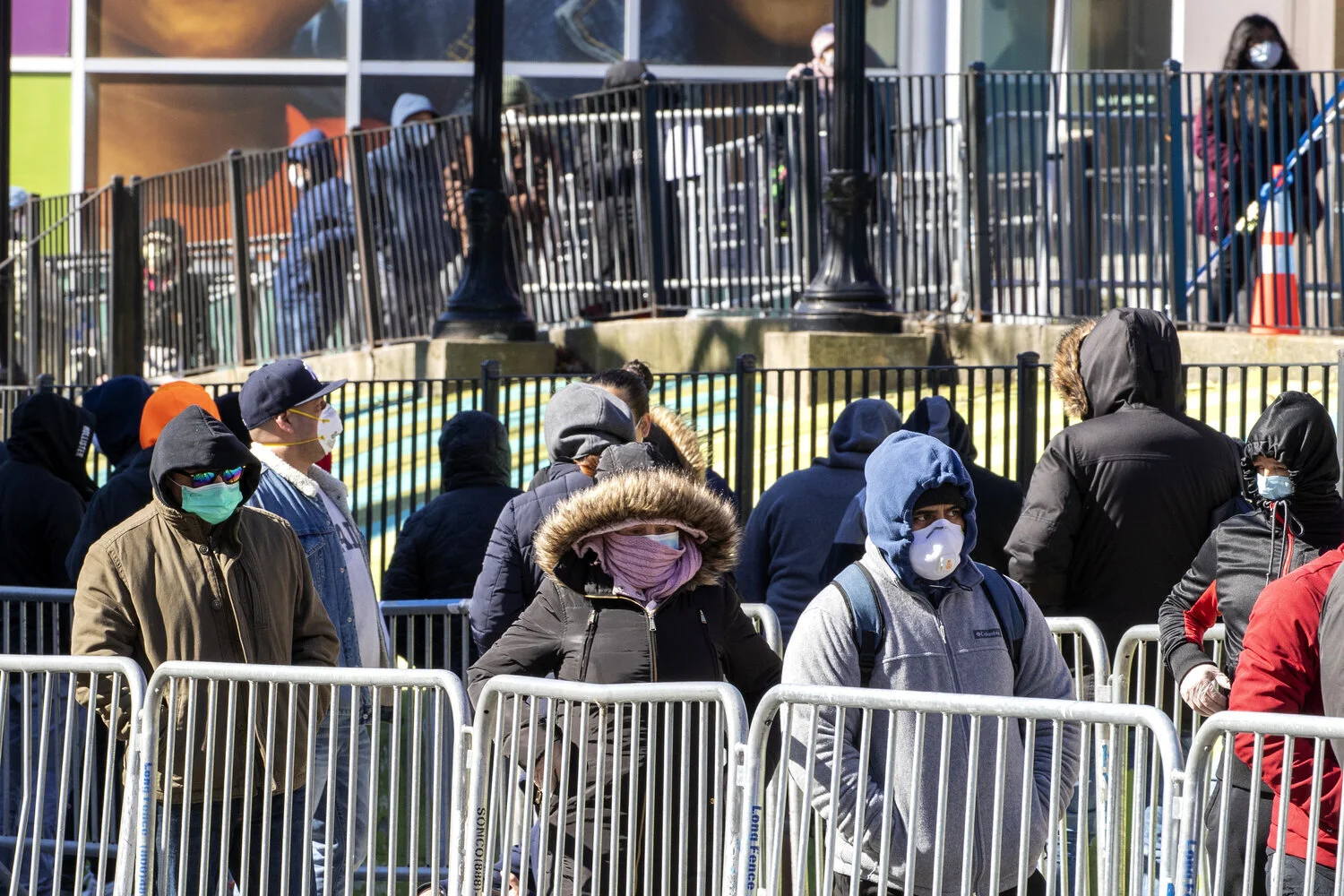Candidates demand state health commish expand Queens hospitals
/Around 50 candidates for office and current electeds called on the state to build more hospital capacity in Queens. File AP photo by Mary Altaffer
By Jacob Kaye
Nearly 50 candidates for public office and current elected officials in Queens and beyond co-signed a letter Wednesday urging the state’s health commissioner to expand hospital access across Queens.
Penned by Lynn Schulman, a candidate in City Council District 29, the letter calls on State Health Commissioner Howard Zucker to bring more hospital beds to Queens, which has seen it’s hospital capacity drop precipitously in the past two decades.
“Our lives can not be put in jeopardy because of the government’s inability to make smart decisions about our public health,” the letter to Zucker reads. “We have needlessly lost loved ones, friends and neighbors. The lives lost underscore that there is nothing more important than access to healthcare and to ensure that Queens will be under-served no more.”
The borough, which is home to over 2 million people, has about 1.5 hospital beds per 1,000 residents, accounting for the worst rate in the city, according to a recent report from the Community Service Society.
“I've devoted my personal and professional life to healthcare advocacy,” Schulman said. “It came out of the HIV/AIDS movement, where I saw a lot of friends and neighbors die because of the indifference of those in power. And we're experiencing the same thing with COVID.”
“There's no planning for large scale medical emergencies, not just the pandemic, but anything that would happen that would require hospitalization on a large scale,” she added.
The borough’s hospital infrastructure has been gutted over the past 20 years due to financial issues.
In 2004, St. Joseph’s Hospital in Flushing closed. Parkway Hospital in Forest Hills closed its doors in 2008 and Mary Immaculate Hospital in Jamaica and St. John’s Hospital in Long Island City shut down in 2009. The former was replaced by One Court Square, the office building formerly occupied by CitiGroup.
Most recently, plans were floated in March to reduce St. John’s Episcopal Hospital in Far Rockaway to a 15-bed “micro hospital.” SJEH is the only hospital on the peninsula.
During the COVID-19 pandemic, NYC Health + Hospitals/Elmhurst served as the borough’s only safety-net hospital, meaning it serves all patients regardless of insurance status.
The effort to bolster Queens’ hospital capacity resonated with the 46 candidates and current elected officials who signed onto the letter before it was sent off to Zucker.
Amit Bagga, who’s running for City Council in District 26, said one of the reasons Western Queens became the epicenter of the pandemic was its inability to treat its ill residents.
“The situation as it unfolded at Elmhurst Hospital last year during the first wave of COVID, was not simply the result of COVID being an aggressive and pernicious disease, but very specifically, the results of the fact that our public hospital system and our hospital system, generally here in Queens, is woefully inadequate,” Bagga said.
Western Queens is home to one of the worst rates of residents-to-primary care providers in the city, according to a report from the Primary Care Development Corporation. There were 3.1 primary care providers for every 10,000 residents in 2019, the latest year data is available.
For Sandra Ung, who’s running for City Council in District 20, which covers parts of Flushing, Murray Hill and Queensboro Hill, it’s not only the number of hospital beds offered to Queens residents that needs to be addressed.
“In my community, it's very important that hospitals have culturally competent care and outreach,” Ung said. “One of the biggest pieces of my platform is to provide language access and language justice. It’s something that is very important to me and this community.”
Schulman, who previously worked in a Queens hospital, thinks the reason so many people signed onto her letter is because the healthcare crisis in the borough is so far reaching.
“If you look at a lot of the platforms that folks have, they touch on hospitals or healthcare on some level. Healthcare is a major issue for everyone,” she said. “It’s just not a system that’s there for the benefit of the patients. So I think that resonated with a lot of people across the city.”




